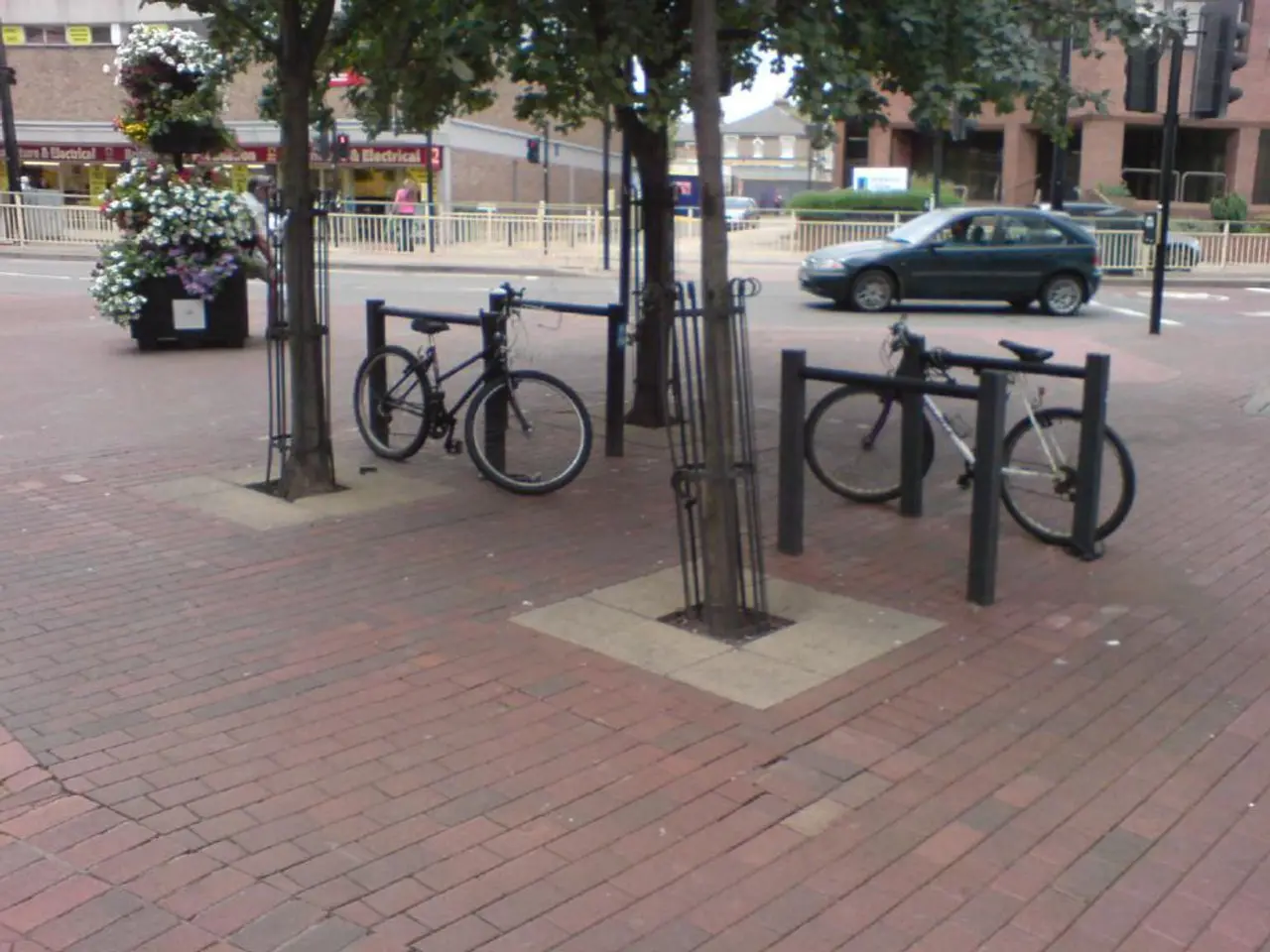Taxpayer's Black Book: Bridges to Nowhere and Expensive Animals - German Cities Face Consequences of Ambitious, Flawed Public Projects
In a series of public spending decisions, several German cities have found themselves grappling with the consequences of ambitious projects that didn't quite pan out as planned. From bike lanes to bridge constructions and bat relocations, these initiatives have left taxpayers' associations raising eyebrows.
In Baden-Baden, a bike street was established with new markings and renovations at an undisclosed cost. However, the project was later rolled back due to low cyclist usage, with no prior surveys conducted to gauge demand. The city of Koblenz, meanwhile, financed a bicycle lane on its own, with Mayor Tobias Krammerbauer defending the investment, stating that the protective strip continues to enhance safety for cyclists.
In Koblenz, a sewage sludge disposal plant was built at a cost of around 17.5 million euros. However, the plant is partially inoperational due to a lack of sewage sludge, raising questions about its long-term viability. The city is currently examining the conversion of the plant to a sewage sludge incineration facility to ensure proper disposal.
In Kirchberg an der Murr, the municipality spent around 40,000 euros to relocate bats from an old community hall. Demolition of the hall has been delayed until 2027/2028 to ensure the bats accept their new quarters. This relocation has been highlighted in the Federal Association of Taxpayers' 'Black Book' as an example of wasteful spending of public funds, alongside 'bridges to nowhere'.
In Saxony's Radeburg, a bridge was built for 900,000 euros but remains unused due to lack of funds. Access to the bridge is prohibited, and weeds are growing on nearby construction mounds. The state intends to complete the bridge once budgetary conditions are met, but its future remains uncertain.
The 'Public Waste 2025/26' list, the 53rd edition of the 'Black Book,' has shone a light on these and other expensive public projects that have not delivered the expected results. While some cities, like Baden-Baden, defend their spending decisions, these examples serve as a reminder of the importance of thorough planning and budgetary foresight in public investment.








